
2023 ACMT Seminar in Forensic Toxicology: Cannabis and the Expanding World of Cannabinoids
- Registration Closed
In partnership with:

Overview
2023 ACMT Seminar in Forensic Toxicology Day 1 - Cannabis and the Expanding World of Cannabinoids: Expanding Knowledge & Shaping Practice!
The American College of Medical Toxicology (ACMT) and the Center for Forensic Science Research and Education (CFSRE) are proud to present an unparalleled opportunity to delve into the medical-legal aspects surrounding cannabis and alternative cannabinoids. This 1-day virtual event on December 14, 2023 will bring together leading experts, researchers, and professionals from the field to explore the latest advancements and critical insights.
Lecture Highlights:
During the lecture, speakers will:
- Describe the historical milestones and legislative changes that have shaped the current landscape of cannabis legalization and the expanding world of cannabinoids.
- Analyze the impact of cannabis legalization in Oregon, including the challenges, benefits, and lessons learned from the implementation of cannabis regulations in the state.
- Evaluate the medical toxicology perspective on the rise in cannabis use and associated adverse events, understanding the potential health risks and factors contributing to this increase in incidents.
- Assess the analytical challenges and adoption of new technologies in laboratory testing of cannabinoids, and recognize the importance of accurate and reliable results in ensuring public safety.
- Differentiate between acute and chronic cannabis use, as well as various routes of administration, and comprehend the pharmacological mechanisms underlying driving impairment caused by cannabinoids.
Don't miss this unique opportunity to engage with renowned experts in the field, network with like-minded professionals, and stay ahead of the curve in the ever-evolving landscape of cannabis and alternative cannabinoids.
Register now so you don’t miss this invaluable opportunity to hear from experts and unlock a wealth of knowledge in this fast-growing area of medicine and law!
Recommended By:

Target Audience
The course will be tailored to the interests of physicians and professionals of numerous specialties, including medical toxicology, forensics and laboratory medicine, addiction medicine, and the legal community.
Learner Objectives
After attending the event, participants should be able to:
- Recognize the historical and legislative drivers of cannabis legalization and cannabinoids.
- Evaluate laboratory testing challenges and pharmacological mechanisms of cannabinoids.
Agenda | December 14, 2023
9:45 - 10:00 AM ET | Opening Remarks
10:00 - 10:30 AM ET
How Did We Get Here? Cannabis Legalization, the Farm Bill, Cannabinoid Analogues, & Chemistry
Glen P. Jackson, PhD, Professor of Forensic & Investigative Sciences, West Virginia University, Morgantown, WV
10:30 - 11:00 AM ET
Challenges with Prosecuting Marijuana DUIs and other Legal Questions Post Legalization
Deena Ryerson, Sr. Assistant Attorney General, DUII Resource Prosecutor, Oregon Department of Justice, Salem, OR
11:00 - 11:30 AM ET
Medical Toxicology Perspective on the Rise in Use and Adverse Events with Cannabinoid Products
Robert G. Hendrickson, MD, FACMT, FACEP, FAACT, Director, Emergency Medicine Toxicology Fellowship; Associate Medical Director, Oregon Poison Center; Professor of Emergency Medicine, School of Medicine, Oregon Health & Science University, Portland, OR
11:30 - 12:00 PM ET
Analytical Perspectives and Challenges for Adoption of Cannabinoid Methodology
Ayako Chan-Hosokawa, MS, D-ABFT, Toxicology Team Manager & Forensic Toxicologist, NMS Labs, Horsham, PA
12:00 - 12:30 PM ET | Break - 30 min
12:30 - 1:00 PM ET
Acute vs Chronic Cannabinoid Use and Different Routes of Administration
Natalie Desrosiers, PhD, F-ABFT, Forensic Laboratory Team Leader, Services de toxicologie, Royal Canadian Mounted Police, Ottawa, Canada
1:00 - 1:30 PM ET
Pharmacological Mechanism Underlying Driving Impairment
Jan Ramaekers, PhD, Professor of Psychopharmacology and Behavioral Toxicology, Maastricht University, Maastricht, The Netherlands
1:30 - 2:00 PM ET
State-wide Oral Fluid Program and Courtroom Experiences
Curt E. Harper, Ph.D., F-ABFT, Chief Toxicologist, Alabama Department of Forensic Sciences, Hoover, AL
2:00 - 2:30 PM ET
AFMES Experience with Semi-Synthetic Cannabinoids: Both Analytical & Interpretative
Erin L. Karschner, PhD, F-ABFT, Division of Forensic Toxicology, Armed Forces Medical Examiner System, Dover, DE
2:30 - 3:00 PM ET | Break - 30 min
3:00 - 3:30 PM ET
The Value of Different Pieces of Toxicology Data for Testimony
Bruce Goldberger, PhD, Chief, Division of Forensic Medicine, Department of Pathology, Immunology and Laboratory Medicine, University of Florida, Gainesville, FL
3:30 - 4:00 PM ET
ASB Standards - From Scope of Testing to Testimony
Marc LeBeau, PhD, F-ABFT, Senior Forensic Scientist in the Scientific Analysis Section, FBI Laboratory, Quantico, VA
4:00 - 5:00 PM ET
Roundtable & Case Discussions
Panel
Erin L. Karschner, PhD, F-ABFT, Division of Forensic Toxicology, Armed Forces Medical Examiner System, Dover, DE
Ayako Chan-Hosokawa, MS, D-ABFT, Toxicology Team Manager & Forensic Toxicologist, NMS Labs, Horsham, PA
Robert G. Hendrickson, MD, FACMT, FACEP, FAACT, Director, Emergency Medicine Toxicology Fellowship; Associate Medical Director, Oregon Poison Center; Professor of Emergency Medicine, School of Medicine, Oregon Health & Science University, Portland, OR
Charles McKay, MD, FACMT, Associate Medical Director, CT Poison Control Center, University of Connecticut School of Medicine, Farmington, CT
Moderator
Donna Papsun, MS, D-ABFT-FT, Forensic Toxicologist & Business Scientist, NMS Labs, Horsham, PA
Registration Rates
Registration includes:
- Access to the live virtual event on December 14, 2023
- Access to the on-demand recording for one year after event
- Access to the Speaker slides
- Downloadable Certificate of Attendance
Member Rates
Member Tier I: Full, Affiliate, International, Emeritus |
$200 |
Member Tier II: Fellows |
$175 |
Member Tier III: Residents, International - Developing Country |
$150 |
Member IV: Medical Students |
$125 |
Non-Member Rates
Non-member Tier I: Physicians, Pharmacists, Lawyers, "Other" |
$250 |
Non-member Tier II: Fellows, SPIs, Nurses, etc. |
$225 |
Non-member Tier III: Educators & Emergency Responders |
$200 |
Non-member IV: Residents & Students | $175 |
Interested in becoming an ACMT Member? Contact our Membership Manager, Lauren Turner, at membership@acmt.net. Learn more at: www.acmt.net/membership
Interested in Continuing Education?

Continuing Education credit for this activity is provided by Amedco LLC is jointly accredited by the Accreditation Council for Continuing Medical Education (ACCME) to provide continuing education for the healthcare team.
Purchase Continuing Education here!
Package Rates
Sign up for the both days of the 2023 ACMT Seminar in Forensic Toxicology and save $50!
Refunds and Cancellations
- Cancellations made 16 days or more in advance of the event date will receive a full refund less a 8% processing fee.
- Cancellations made within 15 days of the event date will not receive a refund.
All cancellation requests must be made in writing and emailed to: events@acmt.net. No telephone cancellations will be accepted. A refund that results from a cancellation or change to your registration will be returned to the original payer and in the original method of payment.
Pending review, limited exceptions will be made based on need and circumstance (family emergency, for example) and must be submitted in writing to events@acmt.net. For these instances, the full registration fee, minus a 6% processing fee, will be refunded. Because each exception must undergo a review and approval process, we ask in advance for your patience.
Questions?
For any questions, please email us at events@acmt.net.
Instructions
Once you have completed your registration:
- Click on the Contents tab on the day of live event. This is where you will be able view the Zoom link for the course as well as the event survey and downloadable Certificate of Attendance.
- Watch live event. You can use the Zoom link in the Learning Center to leave and enter the webinar during event.
- Complete the Survey. If you are completing CE or would like your Certificate of Attendance, completion of this survey is required.
- Download the Certificate of Attendance. This is only a record that you have attended the course.
In order to receive and download your CE certificate, please go to your CE product to complete the required steps and claim your CE certificate.
Hardware/Software Requirements
Computer or Other Internet-Enabled Device; Internet Connection; Browser.
Materials
None.
Prerequisites
None.
Format
This event is a live Webinar.
Need Assistance or Have Questions?
For assistance logging in, accessing content, purchasing or completing Continuing Education credits, or for other questions, please contact us at events@acmt.net or visit our FAQ page.
If you are in need of accessible learning accommodations, please contact events@acmt.net for additional assistance.
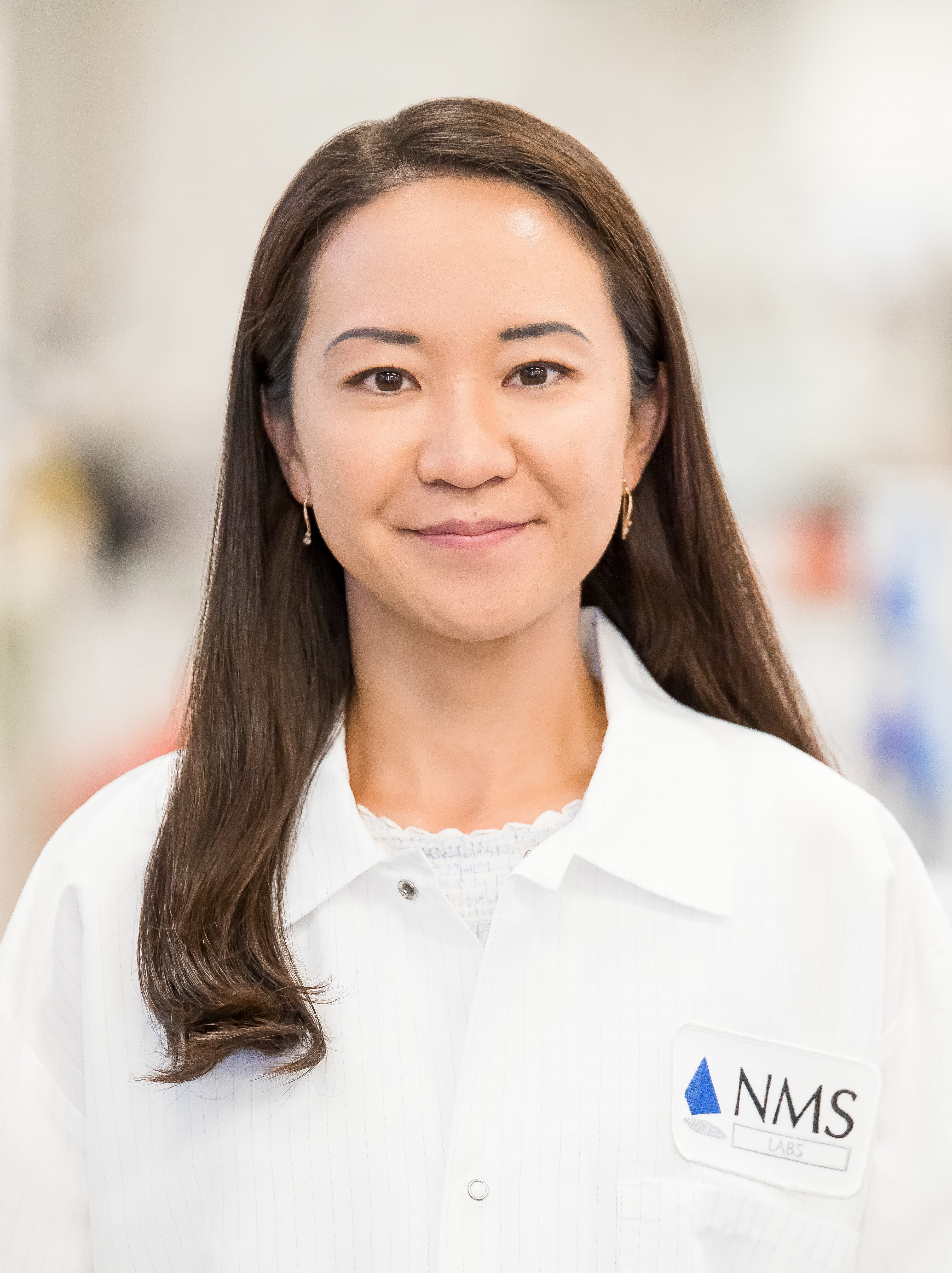
Ayako Chan-Hosokawa, MS, D-ABFT-FT
Toxicology Team Manager & Forensic Toxicologist
NMS Labs
Ayako (Aya) Chan-Hosokawa is a Forensic Toxicologist and Toxicology Team Manager with NMS Labs in Horsham, PA. She earned her Bachelor of Science in Chemistry from Stockton University and her Master of Science in Chemistry from the University of Minnesota. Ms. Chan-Hosokawa is also certified as a Diplomate through the American Board of Forensic Toxicology (ABFT) and is a member of the Society of Forensic Toxicologists (SOFT), the American Academy of Forensic Sciences (AAFS), the International Association of Forensic Toxicologists (TIAFT), International Council on Alcohol, Drugs and Traffic Safety (ICADT) and National Safety Council (NSC). She currently serves on the SOFT/AAFS Drugs and Driving Committee, the SOFT Finance Committee, and the AAFS Awards Committee.
Ms. Chan-Hosokawa has testified over 130 times in various jurisdictions (for both prosecution and defense) and routinely provides written expert opinion reports. She also serves as a faculty member for the Pennsylvania District Attorneys Institute (PDAI) for their annual training of prosecutors and investigators and was involved in the 2021 updates to the National Safety Council’s Alcohol, Drugs, & Impairment Division’s recommendations for drug testing in DUID cases. Her recent publications include Emergence of Delta-8 Tetrahydrocannabinol and 11-Year Study of Fentanyl in Driving under the Influence of Drugs Casework.
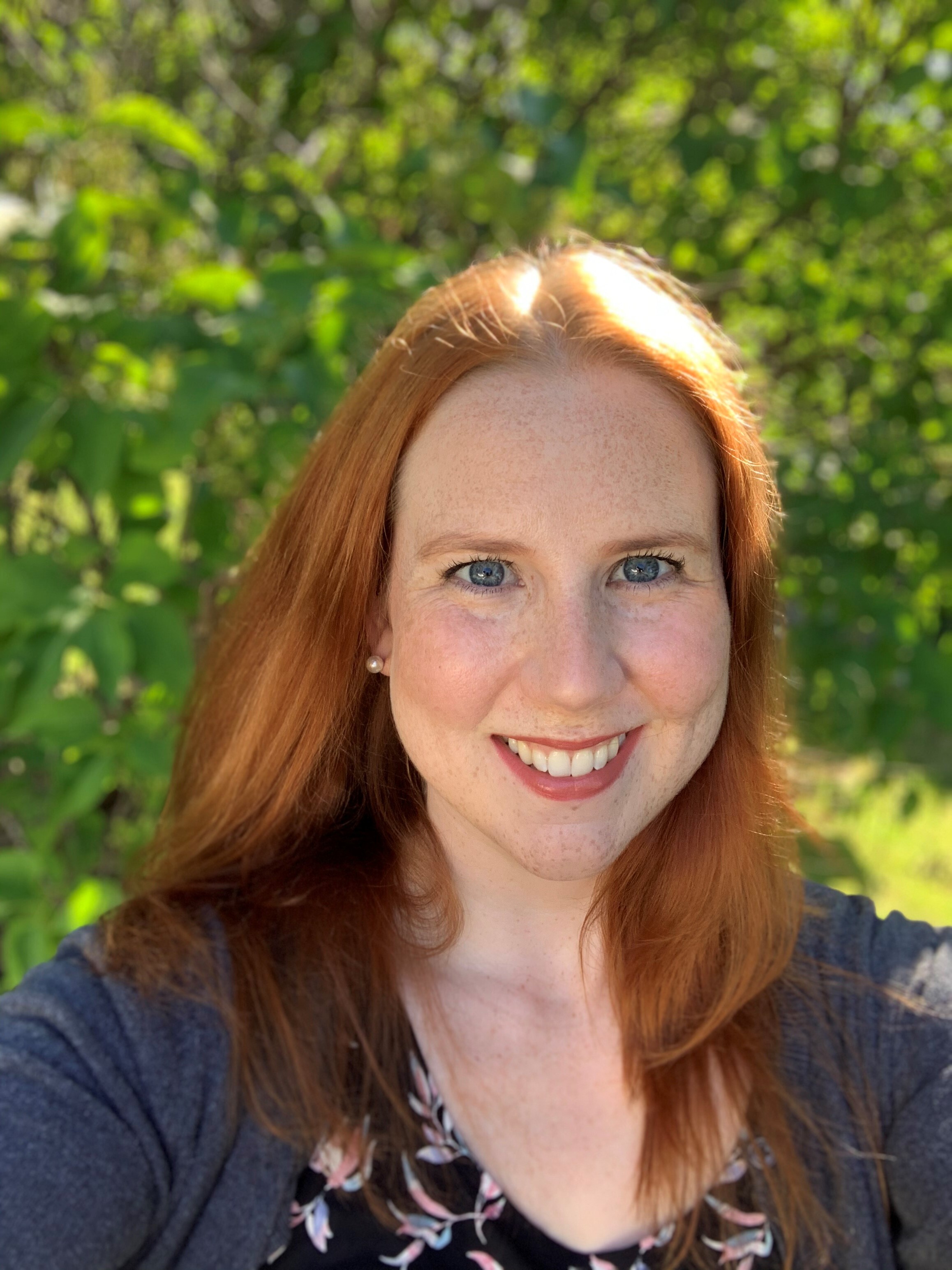
Natalie Desrosiers, PhD, F-ABFT
Forensic Laboratory Team Leader
Services de toxicologie, Royal Canadian Mounted Police
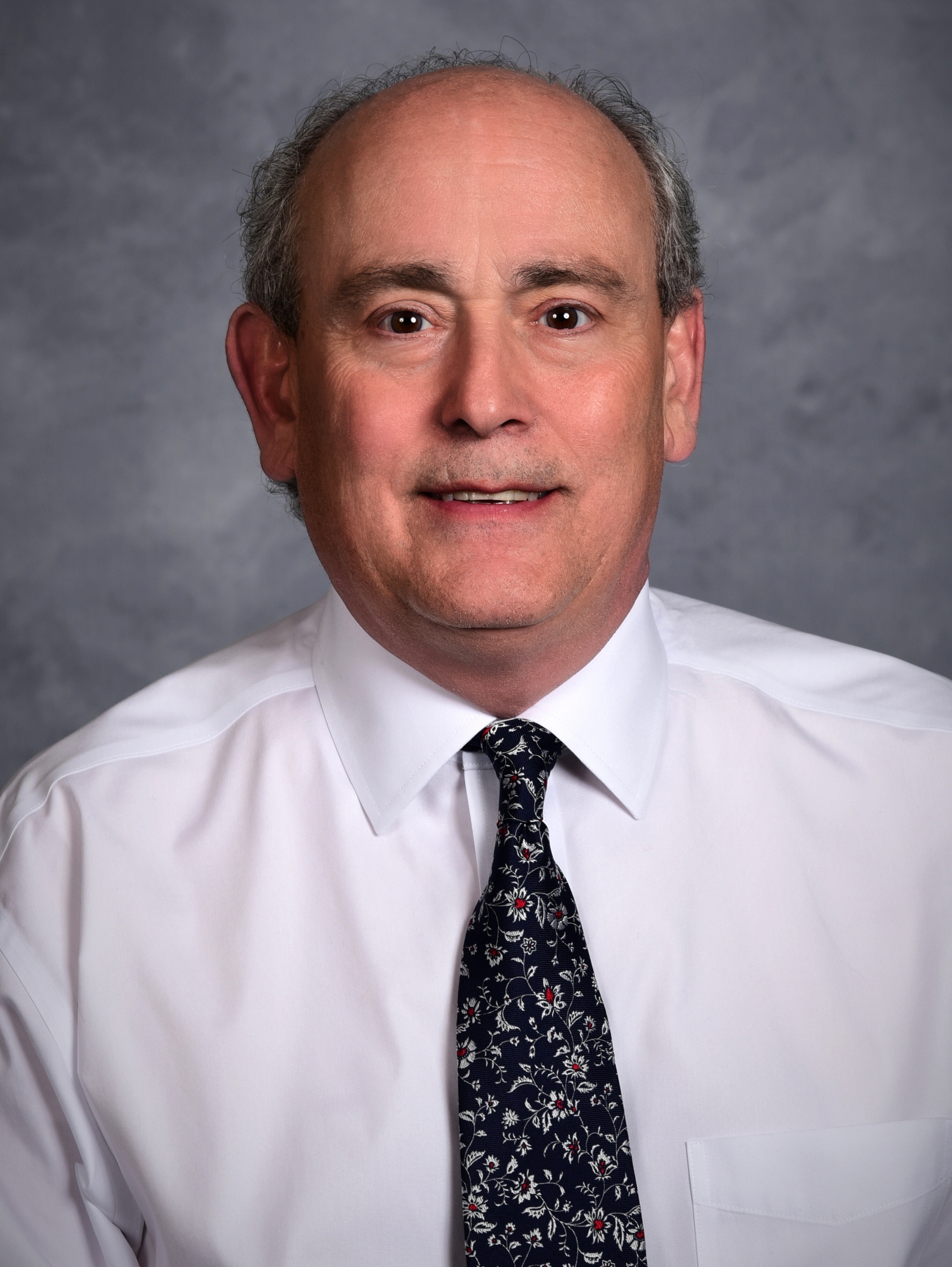
Bruce Goldberger, PhD
Chief, Division of Forensic Medicine
Department of Pathology, Immunology and Laboratory Medicine, University of Florida
Dr. Bruce Goldberger is a Professor in the Department of Pathology, Immunology and Laboratory Medicine in the College of Medicine at the University of Florida in Gainesville. Dr. Goldberger is the Co-Investigator of the National Drug Early Warning System (NDEWS), a consultant for the Florida Department of Health and the Centers for Disease Control and Prevention, and a member of the White House Office of National Drug Control Policy Evolving and Emerging Threats Committee. Dr. Goldberger is the President of the American Board of Forensic Toxicology and the Editor-in-Chief of the Journal of Analytical Toxicology, the official journal of the Society of Forensic Toxicologists and The International Association of Forensic Toxicologists. Dr. Goldberger is prolific in research and publication in the areas of clinical, medical, and forensic toxicology, as well as in the medicolegal investigation of death including the certification of the cause and manner of death.
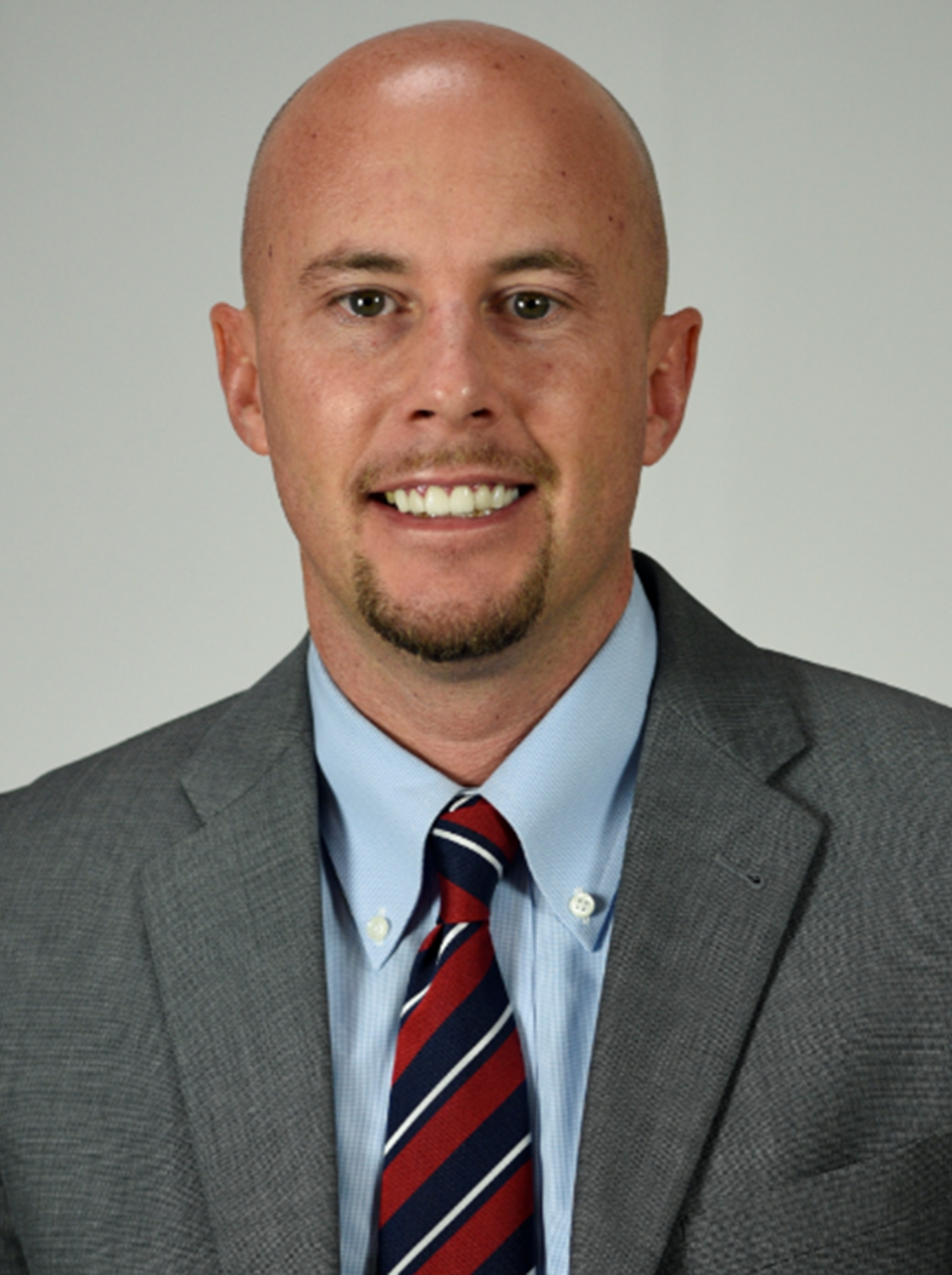
Curt E. Harper, Ph.D., F-ABFT
Chief Toxicologist
Alabama Department of Forensic Sciences
Dr. Curt E. Harper has over 15 years of experience as a Forensic Toxicologist. He was appointed Chief Toxicologist for the Alabama Department of Forensic Sciences (ADFS) in 2012. As Chief Toxicologist, he oversees technical operations, method development and validation, and the quality assurance/quality control program, manages productivity, serves as training coordinator, and develops and maintains standard operating procedures. Dr. Harper has a Ph.D. in Pharmacology and Toxicology and a Master’s of Science in Forensic Science from the University of Alabama at Birmingham. He holds board certification as a Fellow of the American Board of Forensic Toxicology (F- ABFT) and serves as Chair of the Oral Fluid Committee and former Chair of the SOFT/AAFS Drugs and Driving. In addition, he acts as a President for the International Association for Chemical Testing (IACT) and member of the National Safety Council’s Alcohol, Drugs and Impairment Division (NSC-ADID). Dr. Harper serves as an adjunct professor at the University of Alabama at Birmingham (UAB) in the Department of Justice Sciences, adjunct professor at Oklahoma State University within the School of Forensic Sciences, and faculty for the Borkenstein Alcohol Course at Indiana University. His interests include oral fluid drug testing, DUI/D testing and interpretation, and drug facilitated crimes. ADFS is the first state crime laboratory to implement a comprehensive DUI/D oral fluid drug testing program in the United States. As an Alabama Peace Officer, Dr. Harper has been certified as a Drug Recognition Expert since 2015 and acts as a member of the Alabama Impaired Driving Prevention Council. Prior to his appointment as Chief Toxicologist at ADFS, he served as Toxicology Supervisor in Richmond for the Virginia Department of Forensic Science for two years. Dr. Harper has testified on the effects of alcohol and other drugs in over 225 criminal or civil cases during his tenure in Alabama and Virginia.
Robert Hendrickson, MD
Professor of Emergency Medicine, Medical Director, Program Director
Oregon Health and Science University, Oregon Poison Center, OHSU Fellowship in Medical Toxicology
Dr. Hendrickson graduated from the State University of New York, Downstate College of Medicine, and completed training in Emergency Medicine and Medical Toxicology at the Medical College of Pennsylvania. He is a Professor of Emergency Medicine at Oregon Health and Sciences University where he is Chief of the Section of Medical Toxicology, Program Director for the fellowship in medical toxicology, and the Medical Director of the Oregon Poison Center.
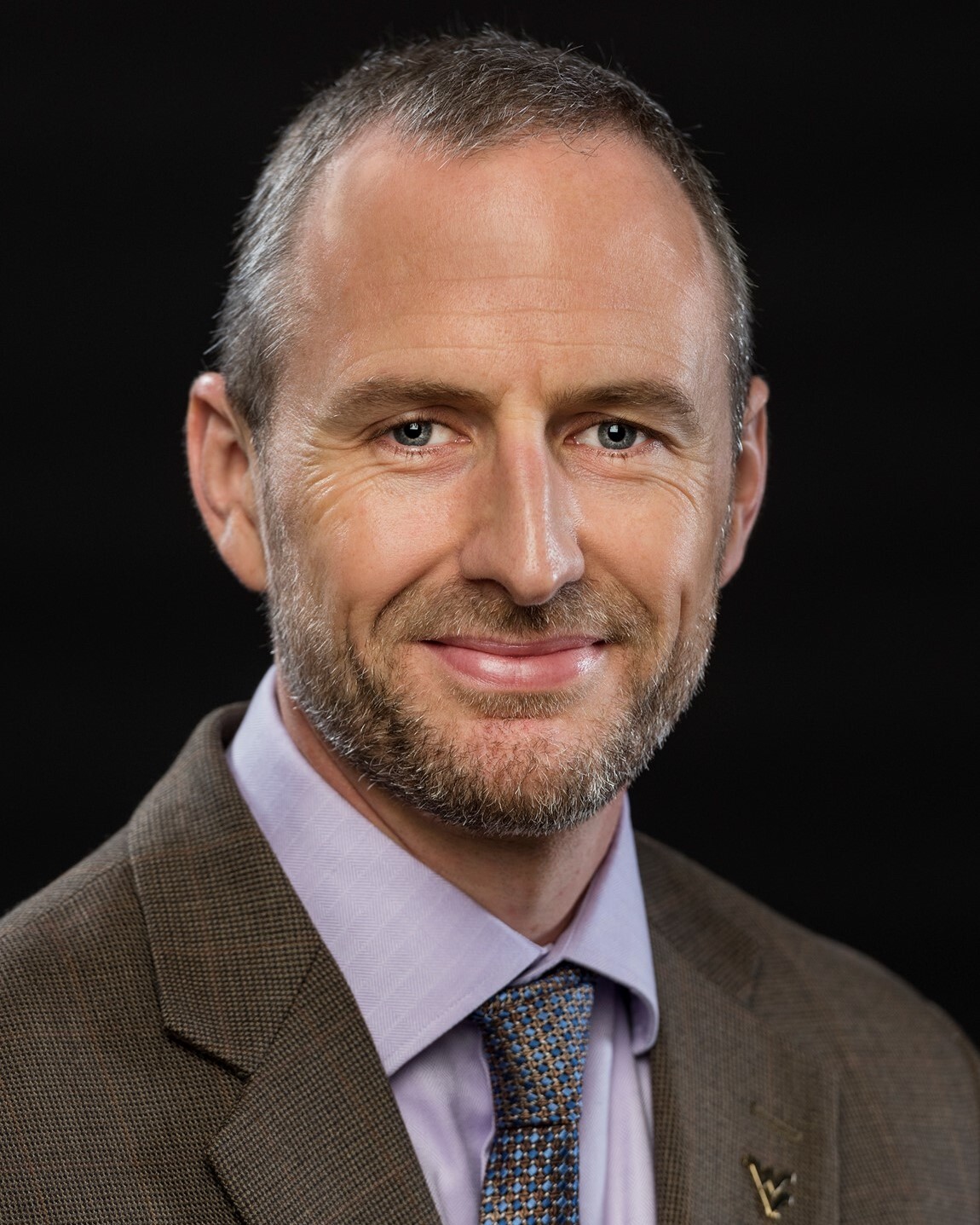
Glenn P. Jackson, PhD, FRSC, FAAFS
Professor of Forensic and Investigative Science
West Virginia University
Dr. Jackson is the Ming Hsieh Distinguished Professor of Forensic and Investigative Science at West Virginia University, where he also holds a joint appointment in the C. Eugene Bennett Department of Chemistry. Dr. Jackson earned a BS degree in the UK and MS and PhD degrees in the US, all in analytical chemistry. He is a fellow of the Royal society of Chemistry and of the American Academy of Forensic Sciences.
Dr. Jackson’s research is broadly defined as forensic and biological applications of mass spectrometry. Recent forensic applications include the mass spectral interpretation and identification of seized drugs, a model to understand the evaporation/weathering of ignitable liquids in fire debris, and the chemical analysis of human hair. His group's research has appeared in more than 90 publications, more than 160 conference and university presentations and three issued patents. As a PI or Co-PI at OHIO and WVU, he has helped secure more than $5M in state and federal funding.
Since 2016, Dr. Jackson has served as the Co-Founder and Co Editor-In-Chief of the Elsevier Journal, Forensic Chemistry. He recently served a three-year term on the NIST OSAC subcommittee on Seized Drugs, and he has taught numerous workshops to practicing forensic professionals. He is an active forensic chemistry consultant and has worked on more than three dozen legal cases. His work has appeared on Nancy Grace Live, Forensic Files II, Sundance TV, a WRAL “What Remains” podcast, and Law and Order SVU.
More information on the Jackson group can be found on his website (https://glenjackson.faculty.wvu.edu/).
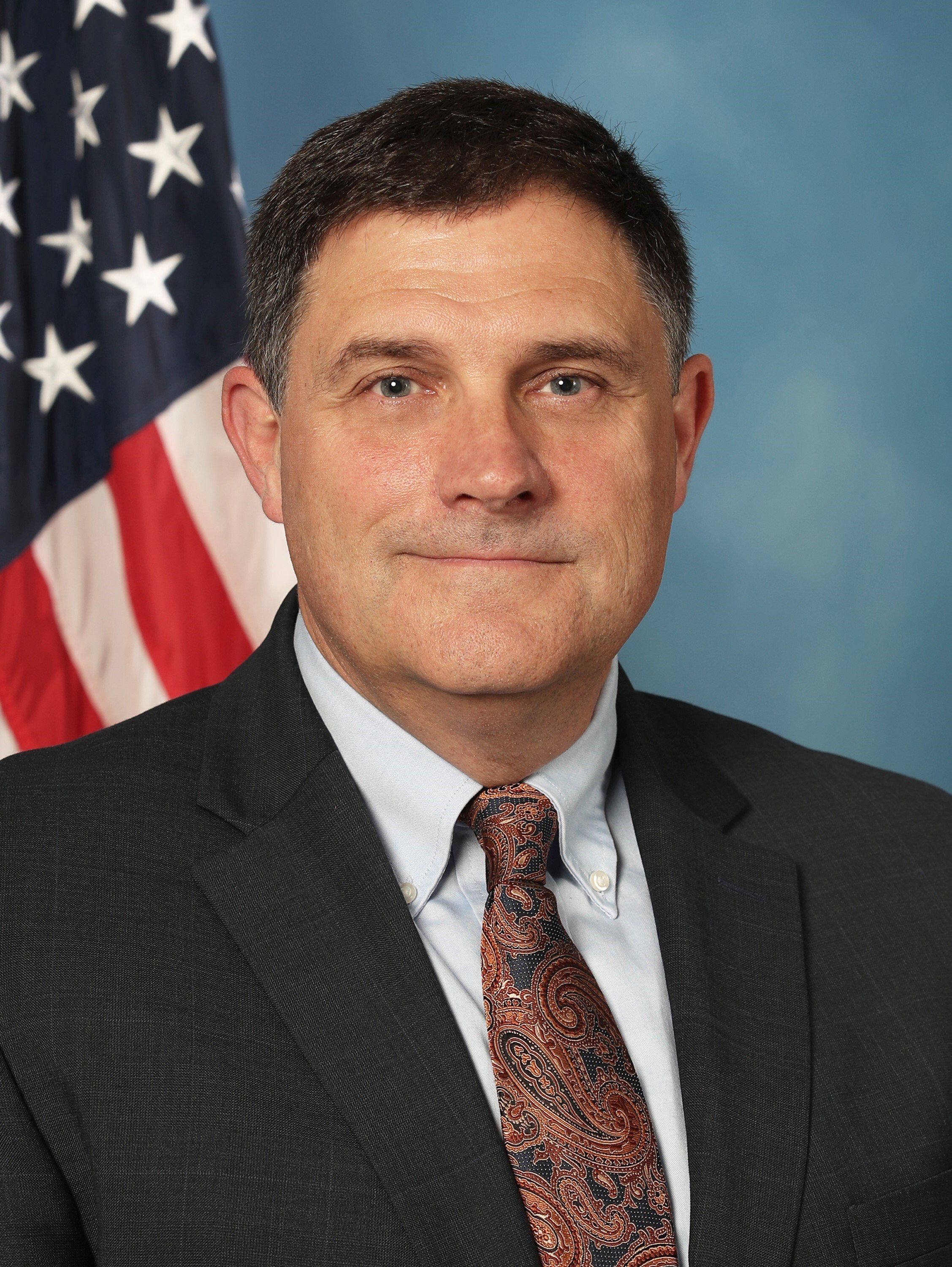
Marc A. LeBeau, PhD F-ABFT
Senior Forensic Scientist in the Scientific Analysis Section
FBI Laboratory
Marc A. LeBeau, PhD, is a Senior Forensic Scientist of the Scientific Analysis Section at the FBI Laboratory. He has worked as a Forensic Chemist and Toxicologist for the FBI since 1994 and has testified in federal, state, and county courts throughout the United States. Separately, he is President of LeBeau Forensic Toxicology Consulting, LLC. Dr. LeBeau holds a bachelor’s degree in Chemistry and Criminal Justice from Central Missouri State University (1988) and a Master of Science degree in Forensic Science from the University of New Haven (1990). He was employed in the St. Louis County Medical Examiner’s Office (1990-1994), before beginning his career with the FBI. In 2005, he received his Doctorate in Toxicology from the University of Maryland–Baltimore.
As a Fellow of the American Board of Forensic Toxicology, Dr. LeBeau is active in numerous scientific organizations. He serves as the immediate Past-President of The International Association of Forensic Toxicologists (TIAFT) and is a Fellow of the American Academy of Forensic Sciences (AAFS). Additionally, Dr. LeBeau is a member and Past-President of the Society of Forensic Toxicologists (SOFT). Dr. LeBeau has spent much of his career advancing forensic sciences. He has served as a Commissioner on the National Commission on Forensic Science, the chairman of the Scientific Working Group on the Forensic Analysis of Chemical Terrorism (SWGFACT), and co-chair to the Scientific Working Group on the Forensic Analysis on Chemical, Biological, Radiological, and Nuclear Terrorism (SWGCBRN). He was also a co-chair of the Scientific Working Group for Forensic Toxicology (SWGTOX). He was the first Chair for the Forensic Toxicology Subcommittee of the Organization of Scientific Area Committees (OSAC). Currently he is the Chair of the OSAC’s Chemistry SAC for Seized Drugs and Toxicology. He also is the Chair of the AAFS Standards Board’s Toxicology Consensus Body.
In 2004 and 2020, Dr. LeBeau won the FBI Director’s Award for Outstanding Scientific Advancement, the 2008 End Violence Against Women (EVAW) International Visionary Award, and the 2015 Alexander O. Gettler Award, as well as the 2023 Rolla Harger Award from the Toxicology Section of the American Academy of Forensic Sciences in 2015.
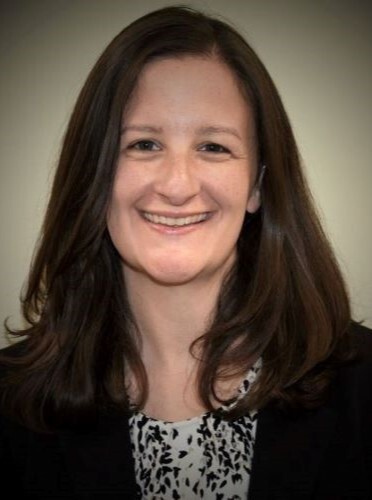
Erin L. Karschner, PhD, F-ABFT
Forensic Toxicologist
Division of Forensic Toxicology, Armed Forces Medical Examiner System
Dr. Erin L. Karschner is a board-certified Forensic Toxicologist at the Armed Forces Medical Examiner System (AFMES) Division of Forensic Toxicology (DFT). The DFT supports the AFMES as the only federal medical examiner’s office in the U.S. and performs all investigative drug testing for the U.S. military and its installations worldwide. As part of her duties, she serves as a laboratory certifying official, expert witness, and subject matter expert. Dr. Karschner is an advisor on technical issues related to research initiatives, analytical challenges, and program development. She monitors emerging drug threats and assists in the implementation of effective analytical countermeasures.
Dr. Karschner received her Ph.D. in Toxicology with a concentration in Forensic and Analytical Toxicology from the University of Maryland-Baltimore. She performed her doctoral and post-doctoral research at the National Institute on Drug Abuse (NIDA). During her time at NIDA, Dr. Karschner conducted a clinical research study with cannabinoid pharmaceuticals and studied cannabinoid disposition in chronic cannabis smokers. After completing a post-doctoral fellowship at NIDA, she worked as a Research Scientist for a private laboratory where she developed and validated analytical methods for pain management medications, illicit drugs, and emerging designer drugs.
Dr. Karschner has 22 peer-reviewed publications and has presented her research at national and international venues. She is a member of the Society of Forensic Toxicologists (SOFT), the American Academy of Forensic Sciences (AAFS), and the International Association of Forensic Toxicologists (TIAFT). Her research was recognized by the SOFT Educational Research Award in 2009, the AAFS Toxicology Section June K. Jones Award in 2010, the AAFS Toxicology Section Irving Sunshine Award in 2018, and the TIAFT Best Bulletin Paper Award in 2021. Dr. Karschner currently serves on the SOFT/AAFS Drugs and Driving Committee and is the Cannabis Section Chair for the National Safety Council’s Alcohol, Drugs, and Impairment Division.
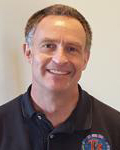
Charles McKay, MD, FACMT
Associate Medical Director
CT Poison Control Center, University of Connecticut School of Medicine
Dr. McKay was trained in Anatomic and Surgical Pathology, Internal Medicine, Emergency Medicine, Medical Toxicology and was a Medical Director of Occupational Health and Medical Review Officer for a hospital system during more than 30 years of clinical practice, during which he provided toxicology consultation at 3 hospitals, directed a medical toxicology fellowship training program, and provided medical oversight of a regional poison control center. He provides medical legal consultation across the country on toxicology-related issues, and has testified in nearly 100 cases, many related to questions of alcohol- and -drug-induced impairment.

Jan Ramaekers, PhD
Professor of Psychopharmacology and Behavioral Toxicology
Maastricht University
I work as a professor in psychopharmacology at Maastricht University in the Netherlands. My research combines methods from psychopharmacology, forensic toxicology and cognitive neuroscience to determine drug induced changes in human performance. In my work, I focus on the impact of different substances of (ab)use, including cannabis, stimulants, opioids, novel psychoactive substances (NPS) and psychedelics on neuronal networks and human cognition. This work bears relevance in the context of drug development and therapeutics and in legal settings when evaluating the impact of drug exposure on human function.

Deena Ryerson
Sr. Assistant Attorney General & Oregon Traffic Safety Resource Prosecutor
Oregon Department of Justice
Deena Ryerson is a graduate of the University of Oregon, School of Law in 1998. She was admitted to the bar in 1998 and began working in civil litigation for two years. From there she went to the Washington County District Attorney’s office where she worked as a prosecutor for six years. During that time, she prosecuted countless DUII’s, both alcohol and drug related and helped to begin a county newsletter addressing DUII issues. During Deena’s time with Washington County, she conducted several trainings for law enforcement, junior prosecutors, and law clerks. She was selected as Oregon’s DUII Multi-Disciplinary Training Task Force Prosecutor of the Year for 2004. In July 2006, she became Oregon’s Traffic Safety Resource Prosecutor with the Department of Justice.
As a Traffic Safety Resource Prosecutor, she assists prosecutors and law enforcement across the state with questions relating to DUII prosecution. She provides training for new and seasoned prosecutors, including updates to DUII case law and alerts prosecutors to issues that surface through the defense of DUII cases. She is a member of Oregon’s DUII Multidisciplinary Task Force, the DRE Technical Advisory Committee, the Oregon Ignition Interlock Committee, and a liaison to the Governor’s Advisory Committee on DUII. Ms. Ryerson also trains new recruits at Oregon’s Department of Public Safety and Standards Training department and law enforcement across the state about DUII case law. Ms. Ryerson reviews all DUII legislation and is instrumental in drafting and editing proposed DUII legislation. She is a resource to answer any impaired driving related questions for many disciplines. In addition to her work in Oregon, has trained law enforcement officers and prosecutors in other states and has given presentations at several national conferences including Lifesavers and the National DRE Conference. She was named a DRE Ambassador at the National DRE Conference in 2015.
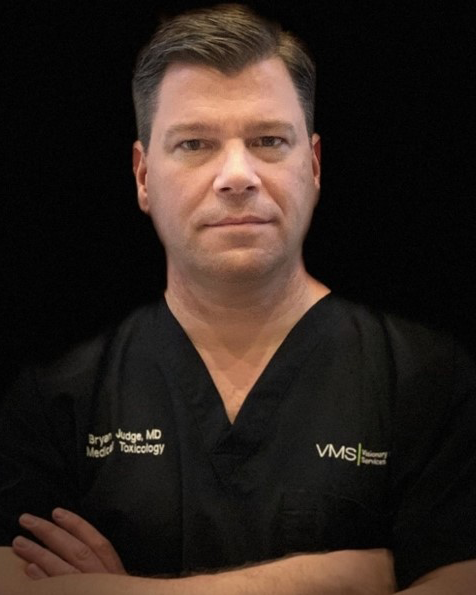
Bryan S. Judge, MD, FACMT (Moderator)
Professor of Emergency Medicine; Medical Toxicologist
Michigan State University College of Medicine; Spectrum Health - Grand Rapids
Bryan practices emergency medicine and medical toxicology at Spectrum Health in Grand Rapids, MI and emergency medicine at Aspirus Keweenaw Hospital in Laurium, MI. He is a Professor in the Department of Emergency Medicine | Division of Medical Toxicology at Michigan State University College of Human Medicine. An avid outdoorsman, his first love is hunting in the mountains across the globe.
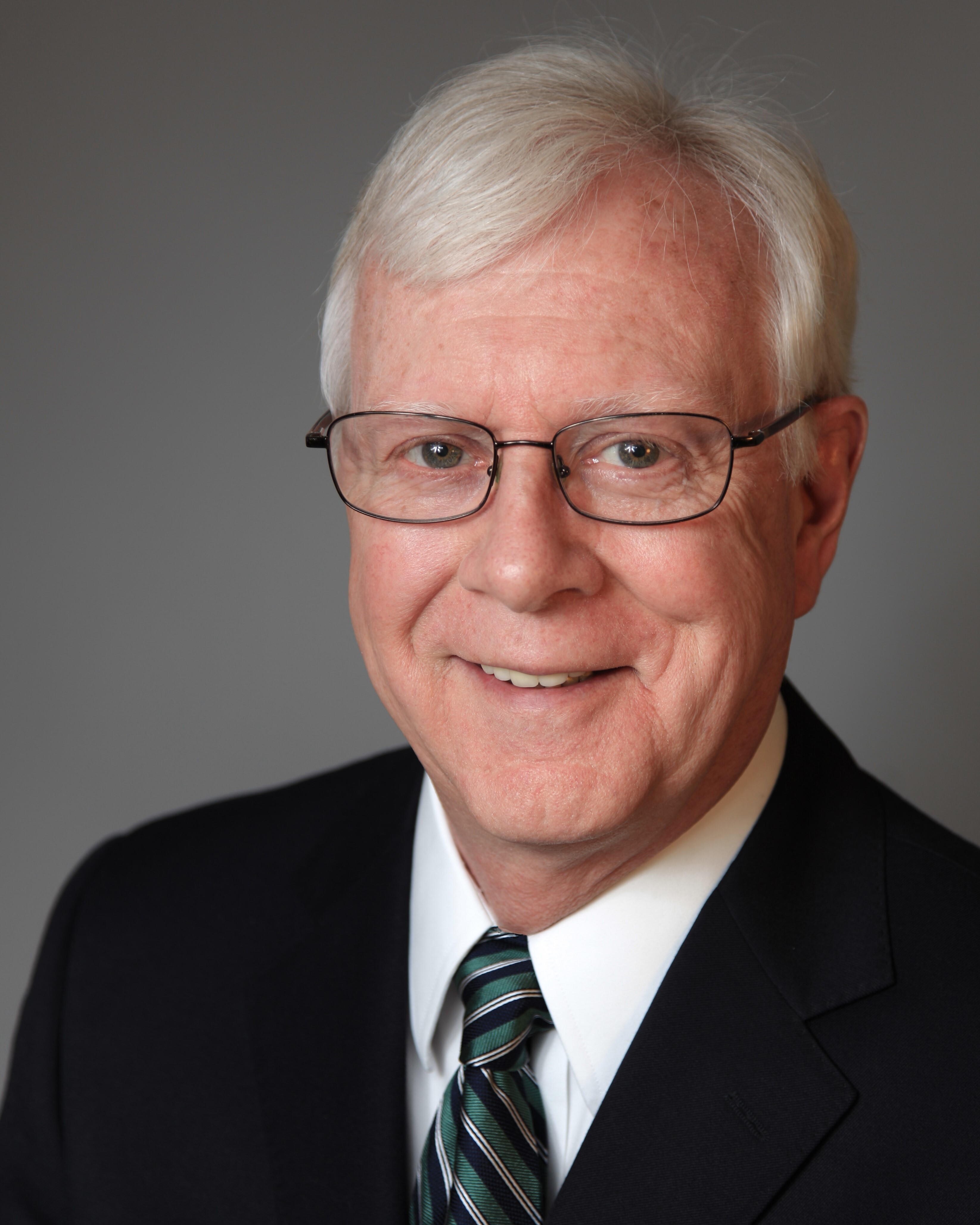
Brent Furbee, MD, FACMT (Moderator)
Professor Emeritus of Clinical Emergency Medicine
Indiana University School of Medicine
Brent Furbee received his medical degree from Indiana University School of Medicine (1977). He completed his residency in Emergency Medicine at Methodist Hospital in 1981. After several years practicing clinical Emergency Medicine, he completed a Medical Toxicology fellowship at Good Samaritan Hospital in Phoenix in 1991 and subsequently returned to Indianapolis where he founded the Medical Toxicology service in 1992 and the Medical Toxicology Fellowship in 1994. He is a diplomate of the American Board of Medical Toxicology, the American Board of Emergency Medicine – Medical Toxicology and a Fellow of the American College of Medical Toxicology. He served as the Medical Director of the Indiana Poison Center from (1988-2015) and Division Chief, Medical Toxicology (2011-2015. He currently serves as a consultant to the Indiana Poison Center and participates in the education of physicians, nurses, residents, fellows, respiratory therapists, and EMS personnel. Dr. Furbee’s areas of interest include criminal poisoning, forensic toxicology, and drugs of abuse.
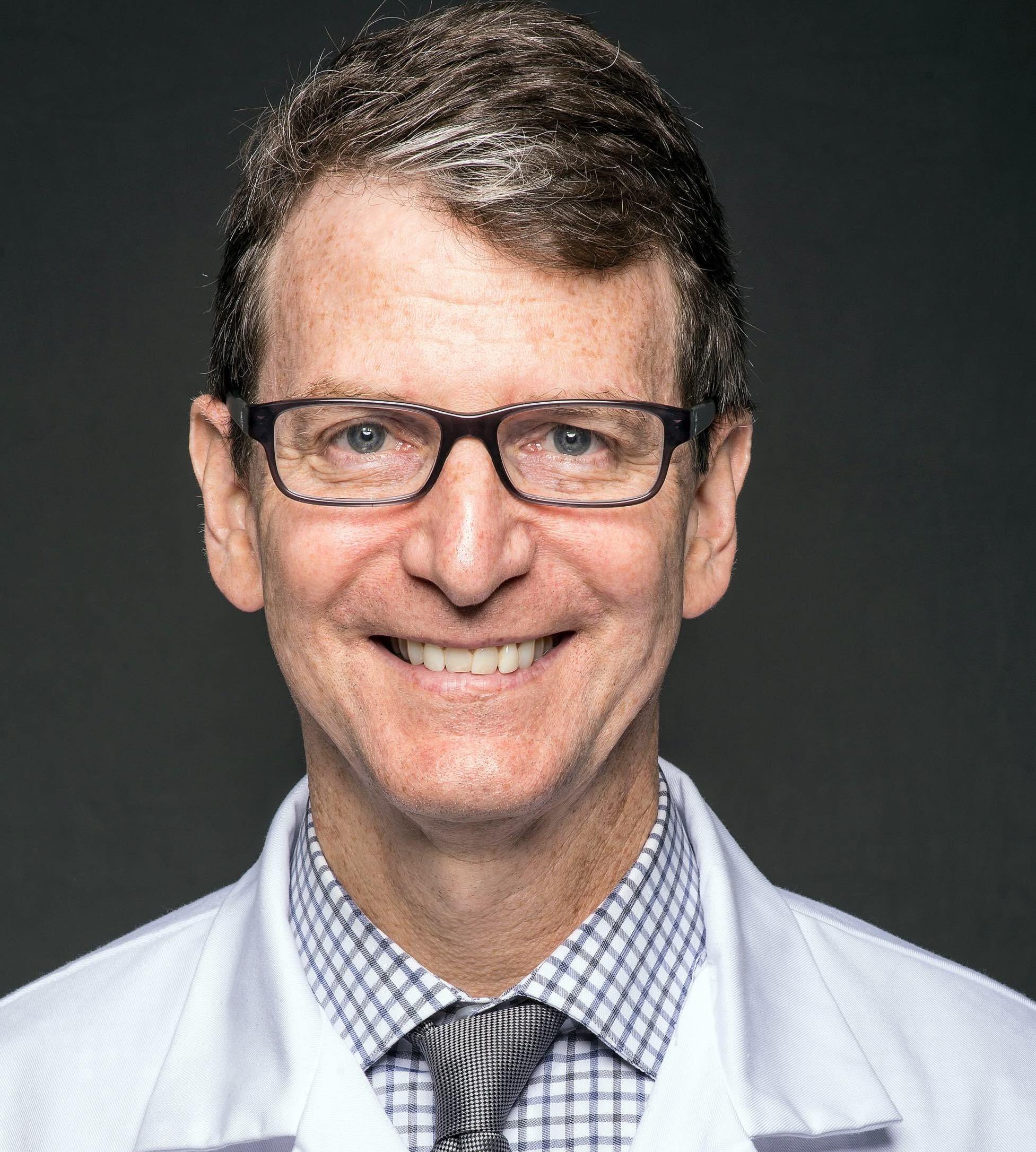
Lewis Nelson, MD, MBA, FACMT, FASAM (Moderator)
Chair of Emergency Medicine
Rutgers New Jersey Medical School
Lewis S. Nelson, MD is Professor and Chair of the Department of Emergency Medicine at Rutgers New Jersey Medical School, Chief of Service for the Emergency Department at University Hospital of Newark, and Senior Consultant to the New Jersey Poison Information & Education System. Dr. Nelson is board certified in emergency medicine, medical toxicology, and addiction medicine. His areas of specific interest include preventing and managing the consequences of opioid and other substance use, multimodal pain management strategies, health policy, and medication safety.
Dr. Nelson has served as President of American College of Medical Toxicology and on the Board of Directors of both the American Board of Emergency Medicine and the Accreditation Council for Continuing Medical Education. He is currently the president of Association of Academic Chairs in Emergency Medicine. He is a long time consultant for several governmental agencies including the Centers for Disease Control and Prevention, the Department of Homeland Security, and the Food and Drug Administration. He is an editor of the textbook “Goldfrank’s Toxicologic Emergencies.
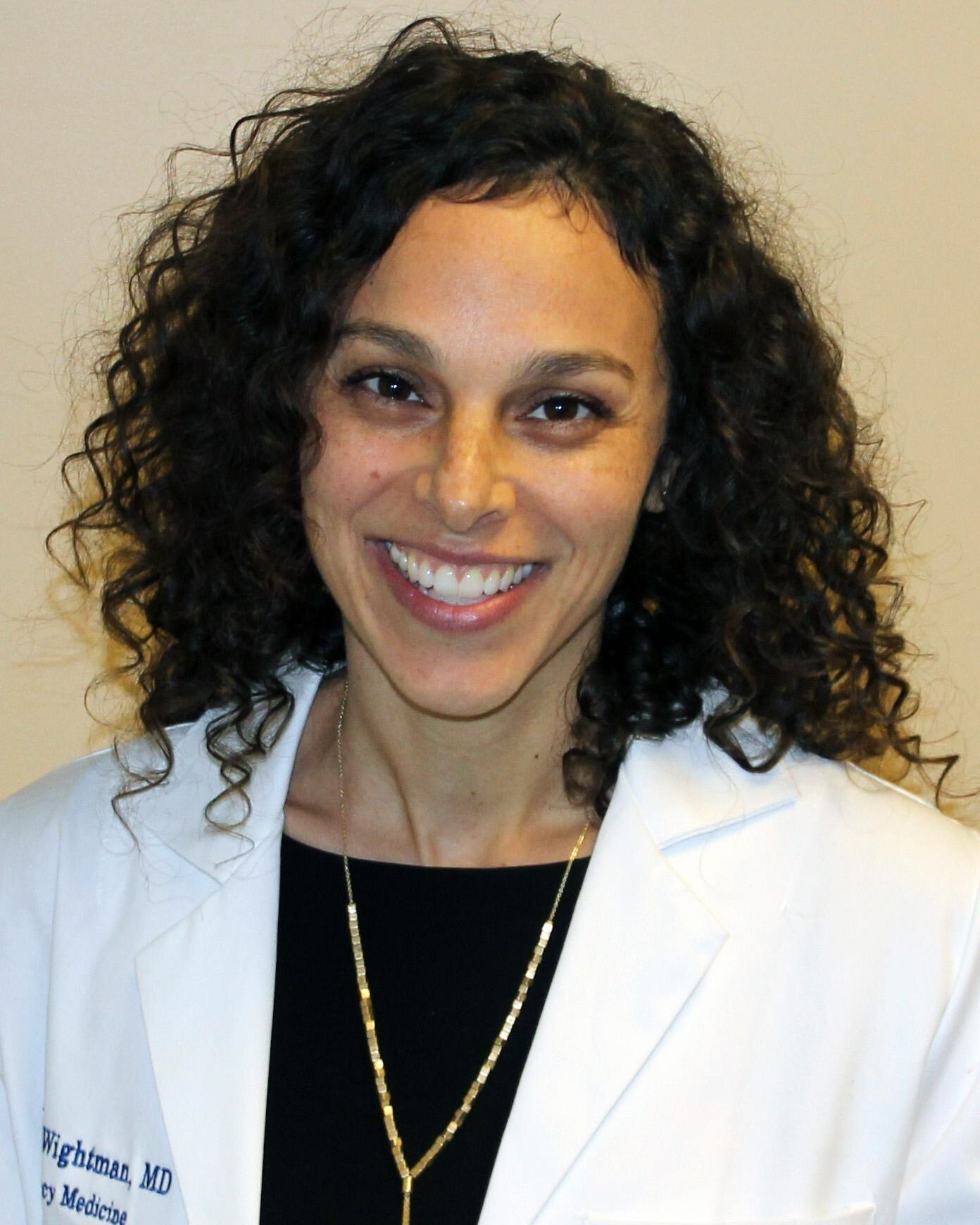
Rachel Wightman, MD, FACMT (Moderator)
Assistant Professor of Emergency Medicine
The Warren Alpert Medical School of Brown University
Dr. Wightman is an Assistant Professor of Emergency Medicine at Alpert Medical School of Brown University. She is a triple board-certified practicing physician in medical toxicology, addiction medicine, and emergency medicine. She serves as Director of Toxicology Education for Brown Emergency Medicine and as faculty in the Addiction Medicine Fellowship at Rhode Island Hospital. She completed medical toxicology fellowship and emergency medicine residency at New York University School of Medicine/ Bellevue Hospital Center.
Dr. Wightman’s primary clinical expertise is in the evaluation and management of drug toxicity syndromes in complex medical patients and enhancing medication safety for high-risk drugs. Her research is focused on evaluation and tracking of emerging drug trends, cannabis hyperemesis syndrome, and medications for treatment of opioid use disorder.



